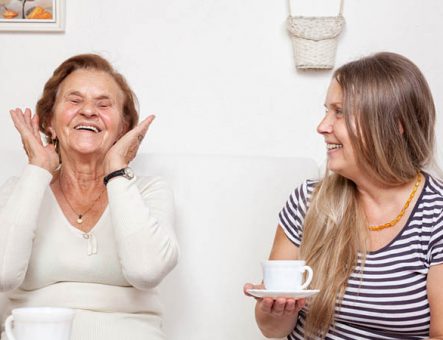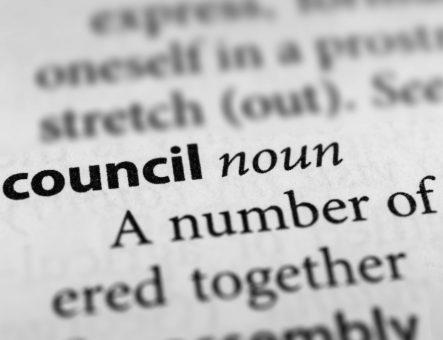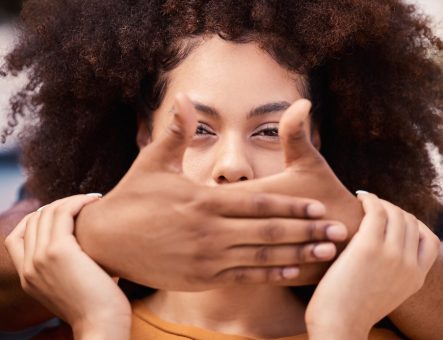At East Dunbartonshire Citizens Advice Bureau in west-central Scotland, we are here to help. If you live or work in the East Dunbartonshire area, we can give you personalised advice on getting the right support for mental health and wellbeing. Please contact us here, chat online or call us on 0141 775 3220. If you reside outside of East Dunbartonshire, please contact your own local Citizens Advice Bureau for assistance. Find them here.
Exploring the benefits of mindfulness and meditation
If you are suffering from mental health issues you will most likely have heard of mindfulness and meditation. And if you haven’t then we are going to explore them more in this article. We will explore how they can be used to help soothe you and release you from the agonising grips of mental illness. Anxiety, depression, OCD (Obsessive Compulsive Disorder), GAD (Generalised Anxiety Disorder), PTSD (Post Traumatic Stress Disorder), Bi-Polar Disorder are to name but a few conditions that may or may not be familiar to you. But integrating these mindful and meditation practices in your daily life can benefit any type of mental health issue.
What is mindfulness
If you are aware that you are struggling mentally the next step is to get help. And when you get the help you need you may be asked to start being more mindful. And thankfully being mindful is something you can integrate into your daily life with ease and practice. It is a learned way of being whereby you spend as much time in ‘present thinking’ as opposed to ruminating about the past or the future. Do you often worry about a past event? Do you often get caught up in an upcoming event? Well, these are matters that we have little control over and can often cause us a lot of unnecessary suffering. And this is the time to be mindful. First, notice if you are in past or future thinking mode. Next, bring yourself into present mode. How? Well, the answer is to use your senses. These are:
- Touch
- Smell
- Taste
- Sound
- Sight
How do our senses help?
These 5 simple built-in resources are the key to mindfulness as if you focus on them they bring you into the present. What can you see right now? Is there a scent you can smell? How about what you can presently hear? Or if you are eating, does it taste salty, sweet, sour and where can you feel the taste. Try eating slowly so you notice more about the taste and texture. And this incorporates feel too. Notice what you feel. Is your hand upon a cold surface, what is its texture. What surface are sitting on? Pay attention to what you can feel in certain parts of your body.
After this bring your attention back to your mood. Has it changed, do you feel better? Maybe you don’t and that is ok. Mindfulness is accepting it is ok not to feel ok and to keep being present with whatever it is you feel. And with acceptance comes release. An important thing to note is that it is discipline but kindness to self And this is key to effective mindfulness practice. And it also comes down to choice. If you choose to help yourself with these methods then you choose to aid your wellbeing and recovery. And being mindful helps bring awareness to your physical and emotional reactions allowing you to reflect on and change them to a better response.
So what is meditation?
Meditation is very closely related to mindfulness. But rather than it being what you are doing as you move around your day this is about stopping and being. It can require a higher level of discipline and commitment. However, it is well worth the investment as it is scientifically proven to re-wire your brain. Studies show new neurological pathways develop upon regular practice. And the good news is that no matter where you are there are many classes you can attend or sign up to. Furthermore, there are great apps and online resources you can use to support you.
Types of meditation
There are many types of meditation. And if you become an expert you may delve into the deeper realms of it. However, it is completely accessible to everyone including beginners. And who knows maybe you will end up on a retreat one day. Below is a list of some types of meditation and what they are:
- Breathing meditation: This meditation focuses on breath. Here you pay attention to your breathing and recognise when your mind wanders. Then you simply come back to your breath and stay in the moment.
- Body scan meditation: This is where you scan through your body and pay attention to the sensations on various body parts. This is very much a meditation that incorporates mindful practice.
- Gratitude meditation: This focuses on positive statements to reinforce a positive mindset and attitude and is great for changing a negative mindset. This can be supplemented by keeping a daily gratitude diary of all the things you are grateful for that day. And it really does change your mindset. You start to notice the positive things in life more readily than the negative.
- Moving meditation: This is a particularly good meditation if you struggle to sit still and it can be a good starting point. Here you can focus on body movements. By making slow movements and paying attention to them you stay present. Try walking really slowly. Heel first, then the balls of your feet then your toes. Then move your next leg forward really slowly and focus on balance. Yoga can become a form of moving meditation too where you focus on a move and pay attention to the stretch. How long can you hold it, where can you feel the stretch?
Guided and non-guided meditation
As a beginner, it is always helpful to start with guided meditations. And there are many apps and websites that you can tap into you. Insight Timer offers a free version and a paid version so you can try it out. And if you want to delve deeper you can subscribe for a yearly fee. This offers all types of meditation and courses to support varying needs (anxiety, stress, positive mindset, sleep and more) For poor sleepers there is a type of meditation called ‘Yoga Nidra’ that promotes good sleep. And there are also sleep stories. Other similar apps and sites include Headspace, Calm and many more you can search for. Another subscription option is Meditainment. This free subscription service allows you access to a variety of guided meditations.
Have a go with the below video:
And as mentioned before there are many classes you can also attend. If you do a google search for a place near you there will be somewhere you can attend. Once you learn the basics you can then step into the realms of non-guided practice where you meditate alone. The idea is you build meditation into a daily practice so that it slots into your routine. And it is very important to understand that you WILL NOT stop your mind from wandering but you WILL become better at recognising it and bringing your focus to the ‘here and now’. And again it is all about acceptance, being kind to yourself and instilling discipline through the choice to partake in regular practice. When you do, your mental wellbeing will significantly improve.
Get started with your mindfulness and meditation today and make that choice to help yourself
By choosing to help yourself, you very quickly start the process of an improved mindset. And as simple as it may sound it can be a very big step with equally big improvements to your life. If you are struggling to make the step you may need to seek professional help to aid you in getting better. And the first step is contacting your GP. Additionally, there are a variety of helplines you can access that address a variety of mental health issues. Whatever you do, please don’t do it alone. You can improve your mental and you have the choice and the ability to do it. For more help on Health and Wellbeing, you can explore more on our website.
East Dunbartonshire CAB is here to help
If you need any specific advice on getting support for your mental health and wellbeing, your local Citizens Advice Bureau can help. Residents of East Dunbartonshire can contact us here, chat online or call us on 0141 775 3220. If you live outside of East Dunbartonshire, you can find your local CAB here.
Contact us










